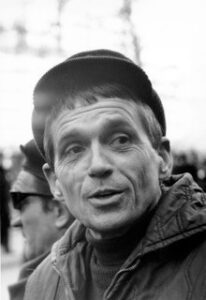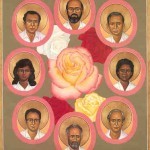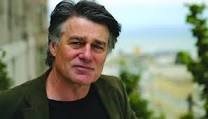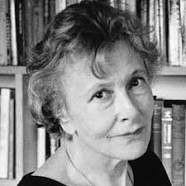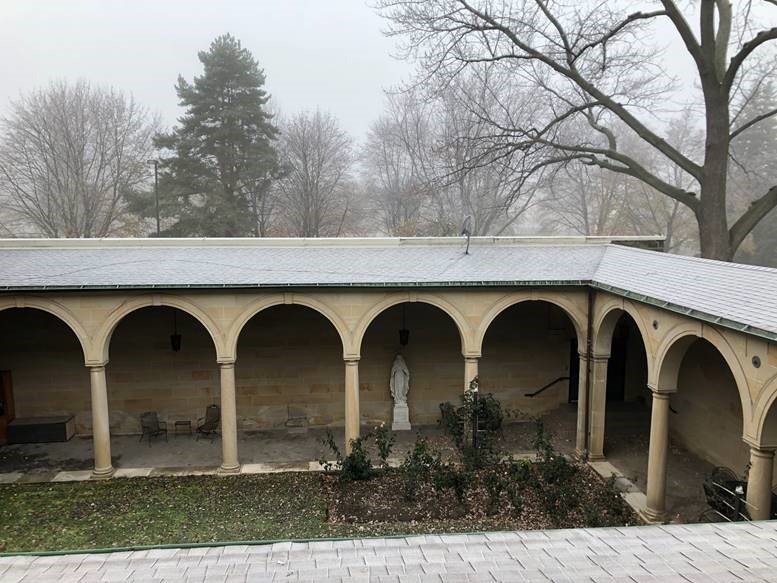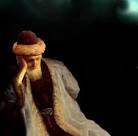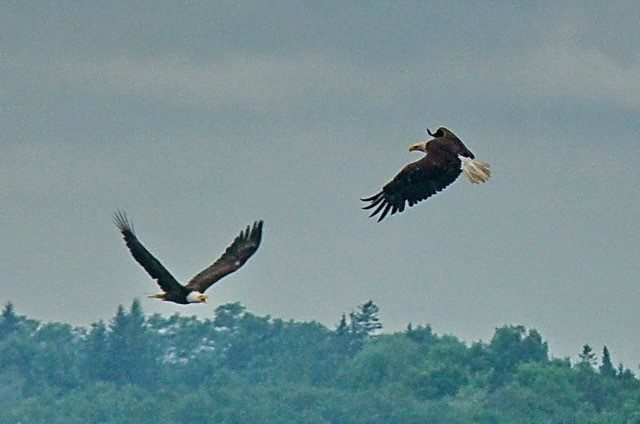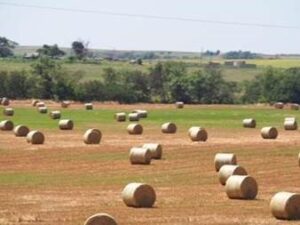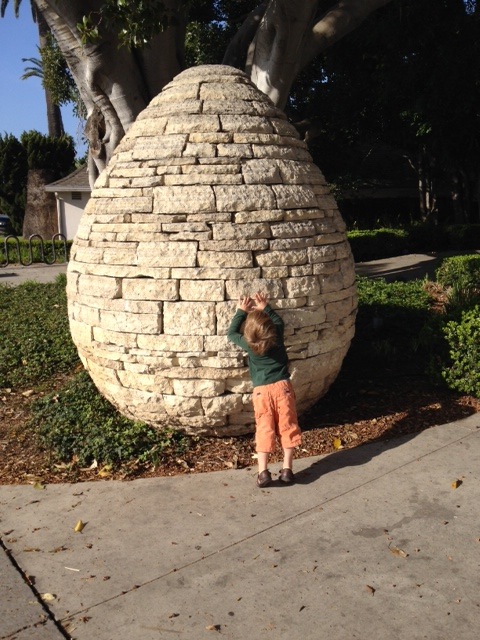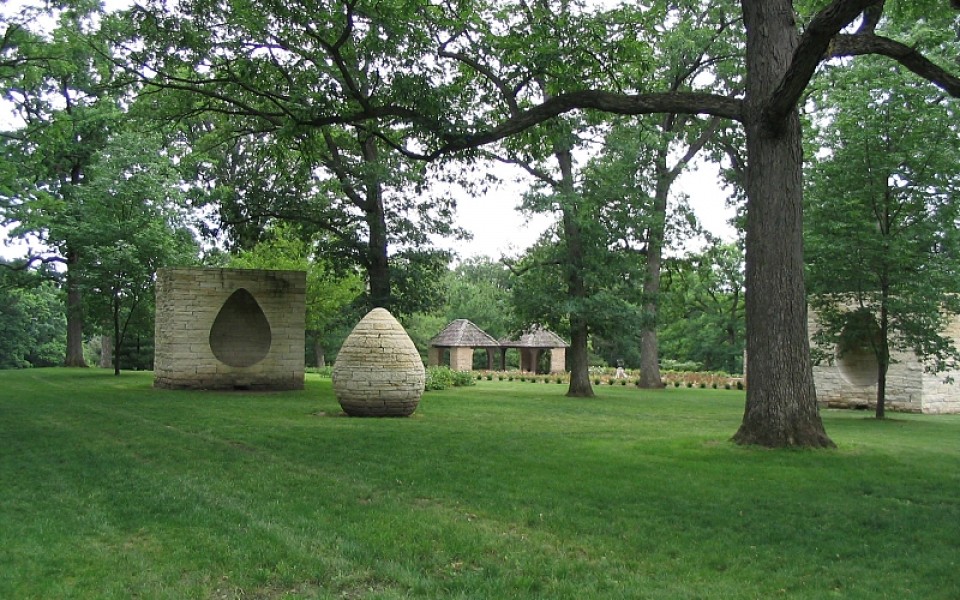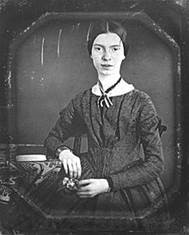November 9, 2020
One of Detroit’s great African American poets has passed. Naomi Long Madgett stands with Dudley Randall as a founding spirit for this city and a host of companions. I am honored to include her in the “Work Day, Hard Times” Poetry List. On November 7, The Detroit Free Press’s John Monaghan wrote this eulogy; one of her poems appears here for the first time. Best to read “Midway” out loud, with pauses.
Have a blest week,
john sj
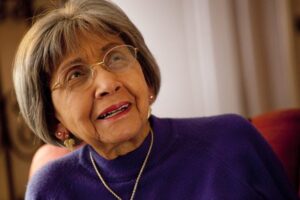
Naomi Long Madgett, an acclaimed Detroit-area poet, educator and publisher, died Wednesday at the age of 97.
“It was her joy and passion to selflessly advance Detroit poets,” said graphic designer Leisia Duskin, who had worked with Madgett in publishing for the past two decades.
Madgett was born Naomi Cornelia Long in Norfolk, Virginia, but came to Detroit in 1946. She had been Detroit’s poet laureate since 2001 and was awarded a Kresge Foundation Eminent Artist fellowship in 2012. Her poems appear in numerous journals and more than 180 anthologies.
“She was especially honored and humbled by her position as poet laureate,” said Duskin. “She was always about others more so than herself.”
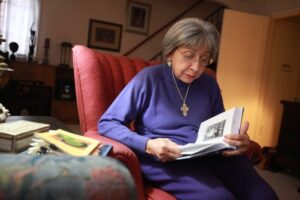
Madgett, who saw her first poem published at age 13, earned a bachelor’s degree at Virginia State College (now Virginia State University) and a master’s degree in English education from Detroit’s Wayne University (now Wayne State University) in 1955.
In the 1960s, she taught at Detroit’s Northwestern High School, launching the school’s first course in African American literature. In 1968 she became a teacher of creative writing and black literature at Eastern Michigan University, where she worked until her retirement in 1984.
Frustrated by the lack of publishers for black poets, Madgett founded Lotus Press (now Broadside Lotus Press) in 1972. She said one of her proudest projects was editing the anthology “Adam of Ife: Black Women in Praise of Black Men” in 1992. She also served as poetry editor for Michigan State University Press in the 1990s.
Her poetry was influenced by Emily Dickinson, John Keats and especially Langston Hughes, whom she cited as a mentor. Her poems often mirror the blues-based lyricism of Hughes’ work, casting a light on themes of African American spirituality and civil rights.
“What I have done with my life is only what I was supposed to do,” Madgett said during a reading at the Charles Wright Museum of African American History in 2017.
“I believe the purpose of my life is to serve, to make a positive difference in someone’s life, to redirect someone who is heading in the wrong direction, to be a good role model, to inspire someone to lead a more meaningful life.”
While funeral arrangements are pending, Madgett is being memorialized by the area’s arts community through social media. “We have lost one of Detroit’s brightest lights,” said Rochelle Riley, the city’s director of arts and culture, “someone whose genius spanned generations. She was indeed the godmother of African-American poetry.”
Friends and colleagues also are recalling her generosity, especially when it came to giving a voice to black writers.
Rapper Mahogany Jones, who performed at Madgett’s 2012 Kresge induction, said, “Her work and spirit will live on in those of us who have been inspired by her courageous bravery to use the pen as a means to bring about justice and shift thought.”
‘Midway’
By Naomi Long Madgett
First published in 1959, “Midway” was inspired by U.S. Supreme Court desegregation rulings in the wake of the landmark Brown v. Board of Education case in 1954.
I’ve come this far to freedom and I won’t turn back
I’m climbing to the highway from my old dirt track
I’m coming and I’m going
And I’m stretching and I’m growing
And I’ll reap what I’ve been sowing or my skin’s not black
I’ve prayed and slaved and waited and I’ve sung my song
You’ve bled me and you’ve starved me but I’ve still grown strong
You’ve lashed me and you’ve treed me
And you’ve everything but freed me
But in time you’ll know you need me and it won’t be long.
I’ve seen the daylight breaking high above the bough
I’ve found my destination and I’ve made my vow;
So whether you abhor me
Or deride me or ignore me
Mighty mountains loom before me and I won’t stop now.
While funeral arrangements are pending, Madgett is being memorialized by the area’s arts community through social media. “We have lost one of Detroit’s brightest lights,” said Rochelle Riley, the city’s director of arts and culture, “someone whose genius spanned generations. She was indeed the godmother of African-American poetry.”
Friends and colleagues also are recalling her generosity, especially when it came to giving a voice to black writers.
Rapper Mahogany Jones, who performed at Madgett’s 2012 Kresge induction, said, “Her work and spirit will live on in those of us who have been inspired by her courageous bravery to use the pen as a means to bring about justice and shift thought.”

